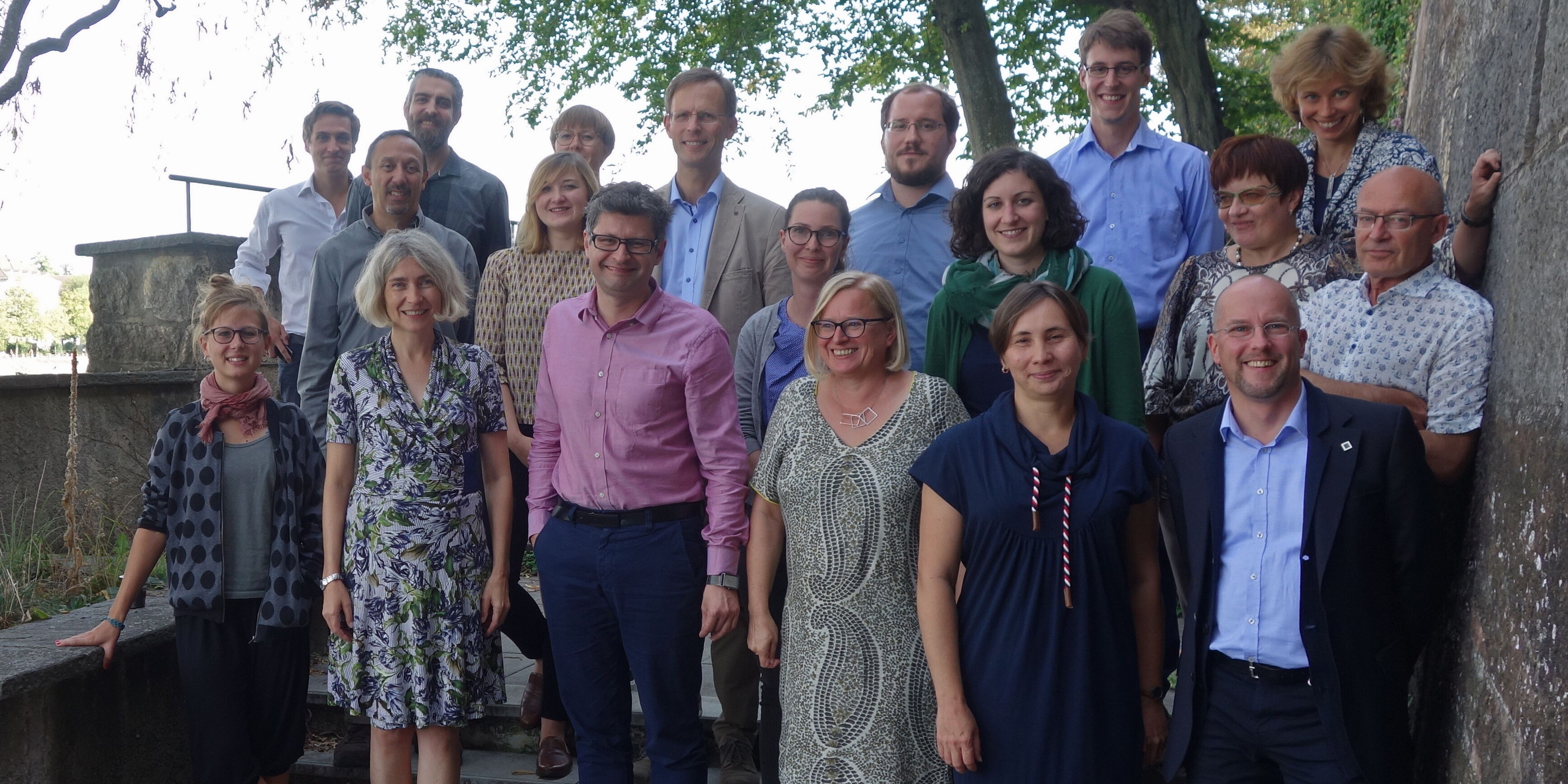Conference about Migration in East European History

On 10 and 11 September 2018, scholars from Switzerland, Austria, France, the UK, the US, and Russia met at the University of Basel in order to discuss new research projects on migration within and out of Eastern and East Central Europe in the 19th and 20th century. The conference was organized by the chair of Eastern European history at the University of Basel in cooperation with the Universities of Strasbourg and Freiburg i. Br., as well as the Center for Migration Studies of the South Ural University in Cheliabinsk (Russia). It was financially supported by Eucor – The European Campus, the Basel Graduate School of History, and the chair of Eastern European history at the University of Basel.
The conference continued discussions begun during a first meeting at the South Ural University in Cheliabinsk in September 2016 and at various workshops held over the last years at the East European history chairs in Basel, Freiburg i. Br., and Strasbourg. Established scholars as well as graduate students participated in the conference, which was held on the basis of pre-circulated papers. After brief input presentations, doctoral students and post-docs contributed comparative commentaries, followed by plenary discussions. The working languages were English, German, French, and Russian.
The central goal of the conference was an exchange about current research projects on migration history at the participating universities. Topics included the role of various actors in migration processes, their interests, scope of action, and experiences. Other issues for debate were the treatment of migrants by state authorities, the emergence of new points of control alongside established routes of migration, and urban change in the context of global migrations. The topic of enforced migration was brought up as well, for instance in the case of Jewish migration to Shanghai in the 1930s.
Migration history is a particularly dynamic and – given current developments – relevant field of research for historians of Eastern and Central Europe. The exchange about methodical approaches across the various scientific communities has proven to be profitable and constructive. We are planning to continue the cooperation of the involved scholars, in particular within the framework of Eucor – The European Campus.
Conference Report: Prof. Dr. Frithjof Benjamin Schenk